“Party member oath and “public servant” responsibility” (Part 3) has demonstrated the consequences of the “fear of responsibility” disease, and at the same time presented Binh Thuan ’s “specific prescriptions” to treat the above “disease”, in which “Keeping the Party member oath” and determining the responsibility of cadres as “public servants” of the people are urgent and long-term solutions. Along with the province’s own “specific prescriptions”, Binh Thuan has gradually brought into play its effectiveness, but to completely cure the above disease, decisive “medicines” are needed, which are “mechanisms and people”.
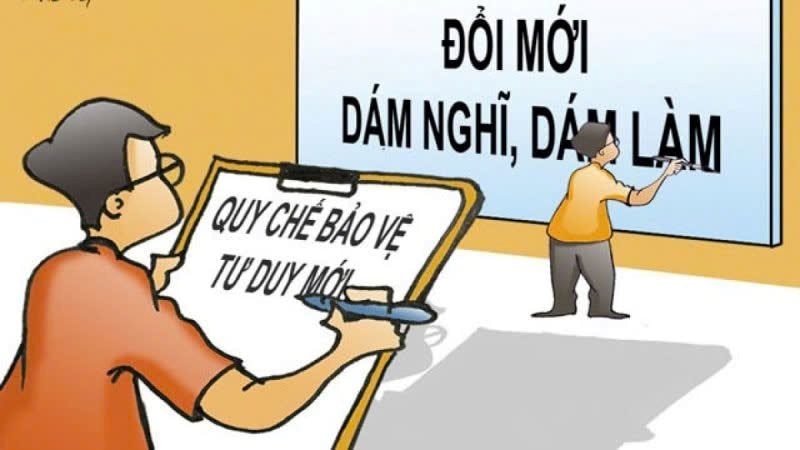
Protection mechanism
What is needed most at this time is to have the most specific mechanisms to encourage and protect cadres who dare to think and dare to do. These mechanisms are likened to “safety belts” to help cadres, party members, civil servants and public employees overcome the fear between the “line” of right and wrong.
And one of the important mechanisms, considered as a “new wind”, is Conclusion No. 14-KL/TW of the Politburo on the policy of encouraging and protecting dynamic and creative cadres for the common good. The core of the spirit of Conclusion 14 is “encouraging cadres to have creative thinking, breakthrough ways of doing things, removing and solving bottlenecks and knots in the mechanism...”. This is a very correct and timely decision in the current period. Conclusion 14 also emphasized: “… the innovation and creativity of cadres must be reported to the head of the Party Committee, government, agency, or unit where they work; when cadres carry out the pilot but the results do not meet or only partially meet the set goals or encounter risks or damages, the competent authority must promptly identify the objective and subjective causes, make an impartial assessment for consideration and appropriate handling. If the implementation is in accordance with the policy, has a pure motive, and is for the common good, then the responsibility will be considered to be exempted or reduced…”. At the same time, to encourage and protect cadres who are dynamic, creative, dare to think, dare to do, and dare to take responsibility for the common good, the Government has issued Decree No. 73/2023/ND-CP. Compared to Conclusion 14, Decree 73 has a narrower scope. However, Decree 73 stipulates very clearly the content with 3 levels including: Clause 1, Article 11 stipulates that if the cadres implementing the innovation proposal fall under the cases specified in Article 5, they will not be held responsible according to the provisions of relevant laws (criminal, civil, compensation liability, etc.); Clause 2, Article 11 stipulates that such responsibility is exempted, meaning that there is responsibility but it is excluded; Clause 3, Article 11 stipulates that it can be considered for exemption or reduction. Notably, recently, the Politburo issued Regulation No. 148-QD/TW on the authority of the head in temporarily suspending the work of subordinate cadres in necessary cases or when there are signs of serious violations of Party regulations and State laws. Clause 2, Article 4, Chapter II of Regulation No. 148-QD/TW clearly states that officials who deliberately delay, shirk responsibility, or do not perform work within their authority according to their assigned functions and tasks are grounds for temporary suspension from work. Accordingly, with this Regulation, leaders are allowed to take strong action against cases where officials and civil servants "go to work with an umbrella in the morning and come home with an umbrella in the evening" with the mindset of "doing nothing, doing nothing wrong" or "sitting still to be safe". And this is also an important basis for agencies, units, and localities to more effectively implement Resolution 4 of the Central Committee (term XII) on Party building and rectification.
The above "mechanisms" have affirmed the viewpoint of protecting and encouraging cadres to be dynamic, creative, dare to think, dare to do, dare to take responsibility for the common interests of our Party. The remaining issue is that localities and units must put the "mechanism" into practice, concretizing it into specific articles and clauses in the working regulations and work processes of each agency and unit associated with personal responsibility and the responsibility of the head. At the same time, it is necessary to evaluate which agencies, units and localities have applied and implemented them effectively, in order to replicate them. In particular, each cadre, civil servant and public employee needs to thoroughly study the regulations to perform their work duties.
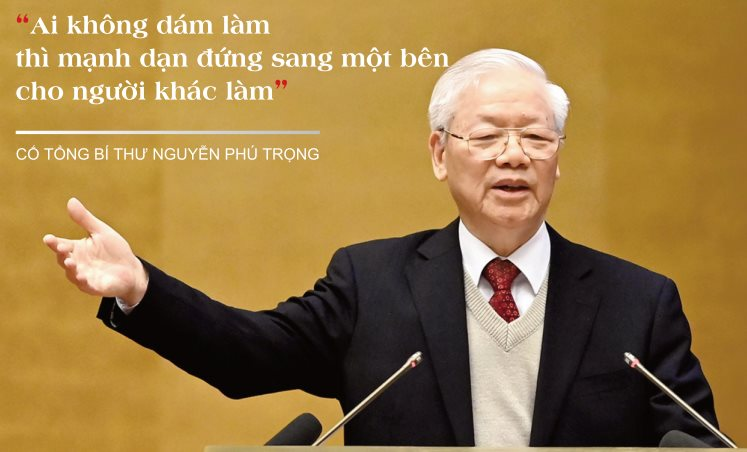
Heart command
Once the mechanism has been issued and the implementation steps have been gradually deployed, the remaining problem lies in the human factor. Each cadre and party member, when performing public duties, must consider the purpose of serving the Fatherland and the people as the "command of the heart".
In recent times, the Binh Thuan Provincial Party Committee has paid great attention to removing "human bottlenecks", specifically cadres and civil servants, overcoming the disease of pushing work, avoiding responsibility, and not fulfilling assigned duties and tasks. Returning to the story of the cockle farming model in Thuan Quy, which we mentioned in part 1. The key issue of this story is that the petition was sent to the authorities when there were no specific regulations from the Central to the local level on this content. And at that time, the local cadres and the fisheries sector only needed to answer the people that: there were no regulations, no way to do it, then all responsibilities would be abandoned and abandoned. But no, at that time, they - the cadres for the people, especially the leaders, chose to accompany the fishermen with all their responsibilities, to find a direction that was beneficial to the people and the results were proven when the people really changed their lives in the poor countryside of Thuan Quy. At the same time, based on the reality in Thuan Quy commune, Ham Thuan Nam district, Binh Thuan province, the Ministry of Agriculture and Rural Development has studied this method, legalized it into a new law, Article 10 of the 2017 Fisheries Law and applied it in 2019 for widespread implementation throughout the country. Going back in history, we cannot help but remember the story of General Vo Nguyen Giap when he made the most difficult decision in his military career, which was to change the tactic of "fighting fast, winning fast" to "fighting steadily, advancing steadily" in the Dien Bien Phu Campaign. If the General did not dare to think, dare to do, dare to take responsibility, he would certainly never change the approved fighting method. And then that decisive change created a "Dien Bien Phu famous in five continents, shaking the world".
And most recently, the passing of the late General Secretary Nguyen Phu Trong has left behind endless sorrow for the entire nation and international friends, because he was a shining example, an endless source of inspiration, adding motivation for every cadre and party member to strive to study, cultivate and train. Throughout his life of dedication to the country and the people, the late General Secretary Nguyen Phu Trong always kept in mind: "Keep your personality intact, your reputation clean". Especially during the two recent terms of the 12th and 13th terms of the Party, the late General Secretary Nguyen Phu Trong truly became the central nucleus of solidarity; determined in directing and fighting against corruption and negativity. That is why a series of leaders and former senior leaders of the Party and State have been disciplined, even brought to trial, in line with the late General Secretary's viewpoint in preventing and combating corruption and negativity: "There are no forbidden zones, no exceptions, regardless of who that person is."
From the above facts, it has been proven that at any time, if the leader is determined to think, dare to do, dare to take responsibility, and the cadres who carry out the work, even if they do not have enough authority to take responsibility, but with determination and the goal: "Whatever is good and beneficial to the people, we must do", then we will have stories of successful "breaking the fence".
Uncle Ho once advised: “Each party member and cadre must be truly imbued with revolutionary ethics, truly thrifty, honest, impartial and selfless. We must keep our Party truly clean, and must be worthy of being a leader and a truly loyal servant of the people.” From his advice, each cadre, party member, civil servant and public employee must know how to cultivate and nurture a sense of responsibility for work; must constantly cultivate and practice, stay away from and not get involved in the circle of fame and profit, always think and act for the benefit of the people… then we will successfully “break through” the rock of responsibility.”
I would like to borrow the poetic words of poet To Huu to conclude the series of articles: “How much I love the people who go forward/ Their two arms like two wings flying up/ Their chests dare to welcome fierce storms/ Their feet treading mud are not afraid of snails…”. “The people who go forward” are the cadres, party members, civil servants and public employees of today. I believe that they will not be afraid of difficulties, ready to move forward, even when facing “storms and tempests” with the destination: “for the country, for the people”.
The above reality shows that at any time, if the leader is determined to think, dare to do, dare to take responsibility, and the cadres who carry out the work, even if they do not have enough authority to take responsibility, but with determination and the goal: "Do whatever is good and beneficial to the people", we will have stories of successful "breaking the fence".
Part 1: Listening to the people with the heart of a "public servant"
Part 2: The disease of "fear of responsibility" in Binh Thuan
Part 3: Party member oath and "public servant" responsibility
Source: https://baobinhthuan.com.vn/chua-can-benh-so-trach-nhiem-cach-lam-tu-binh-thuan-ky-cuoi-125362.html


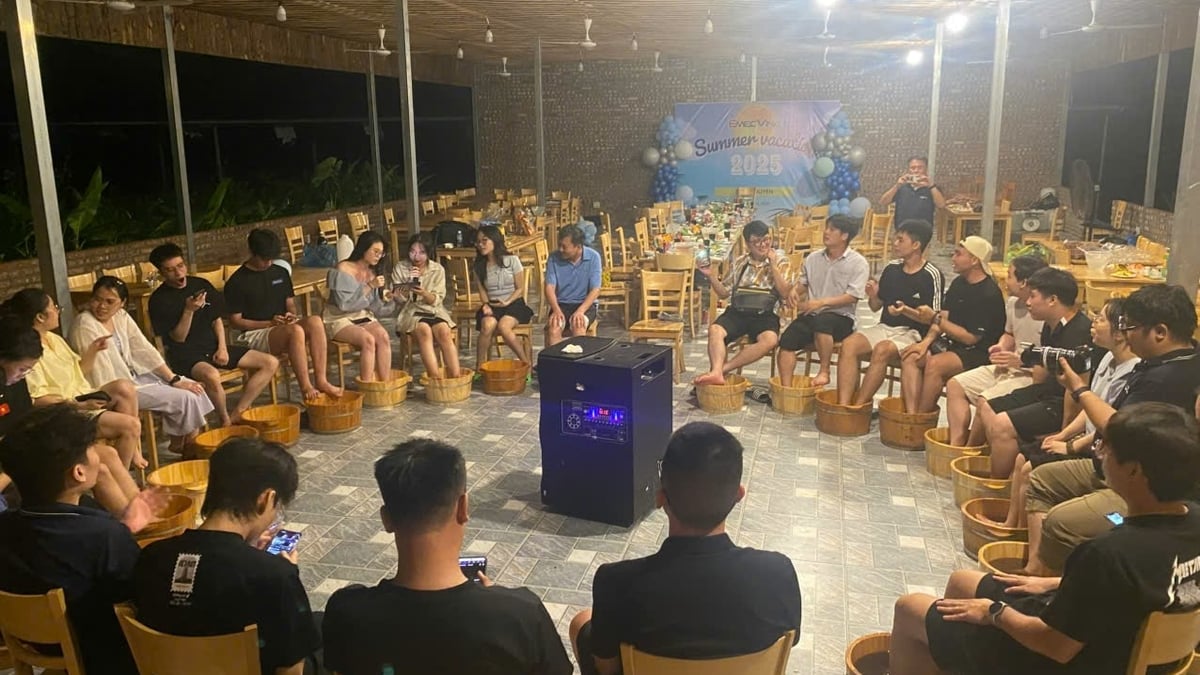
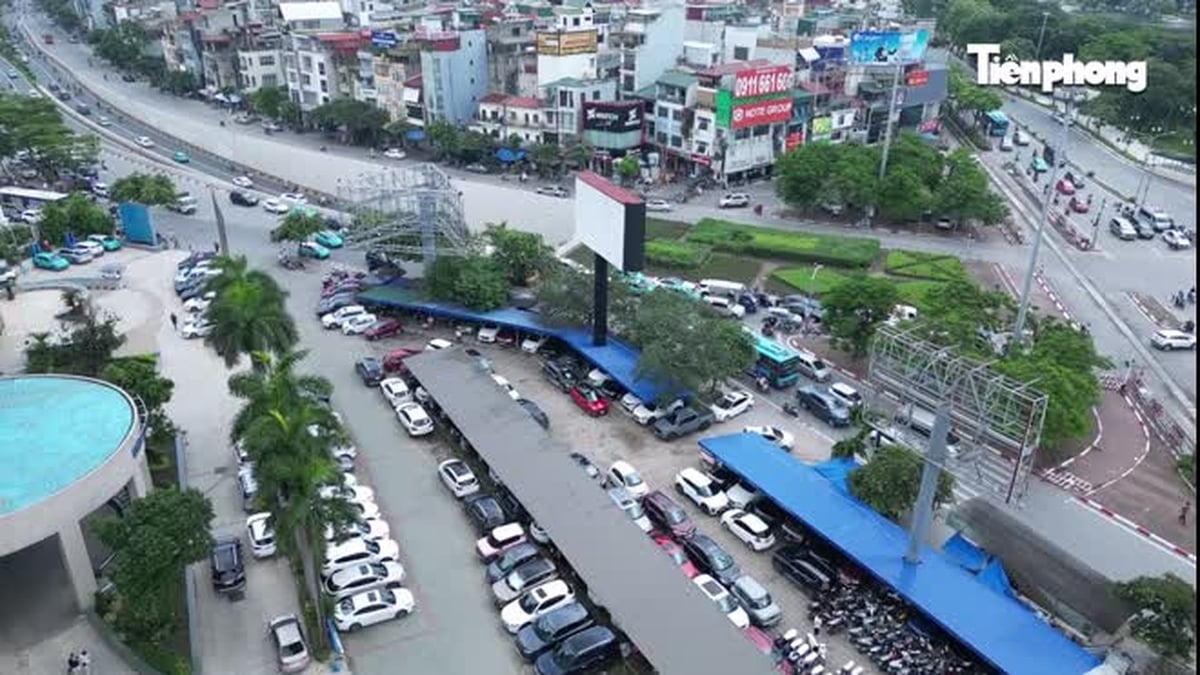

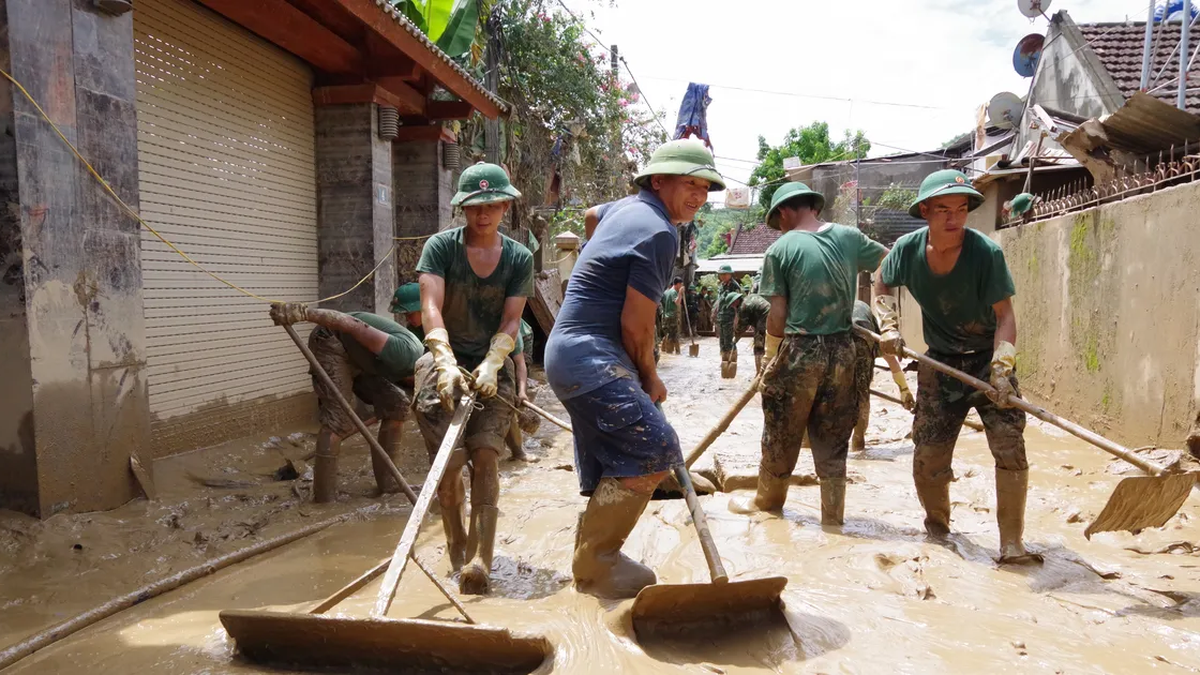
![[INFOGRAPHIC] LG xboom AI: The coolest Gen Z portable speaker this summer](https://vphoto.vietnam.vn/thumb/1200x675/vietnam/resource/IMAGE/2025/7/29/db13af6569c24d0582b8a1c82e7cecd2)

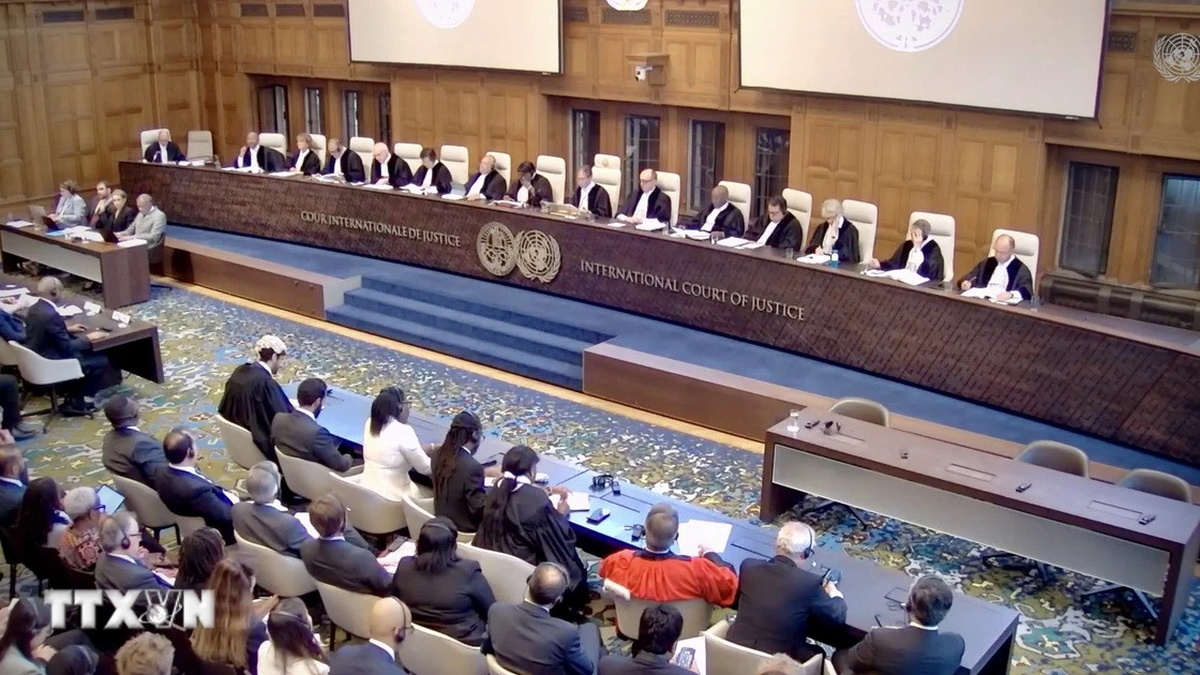
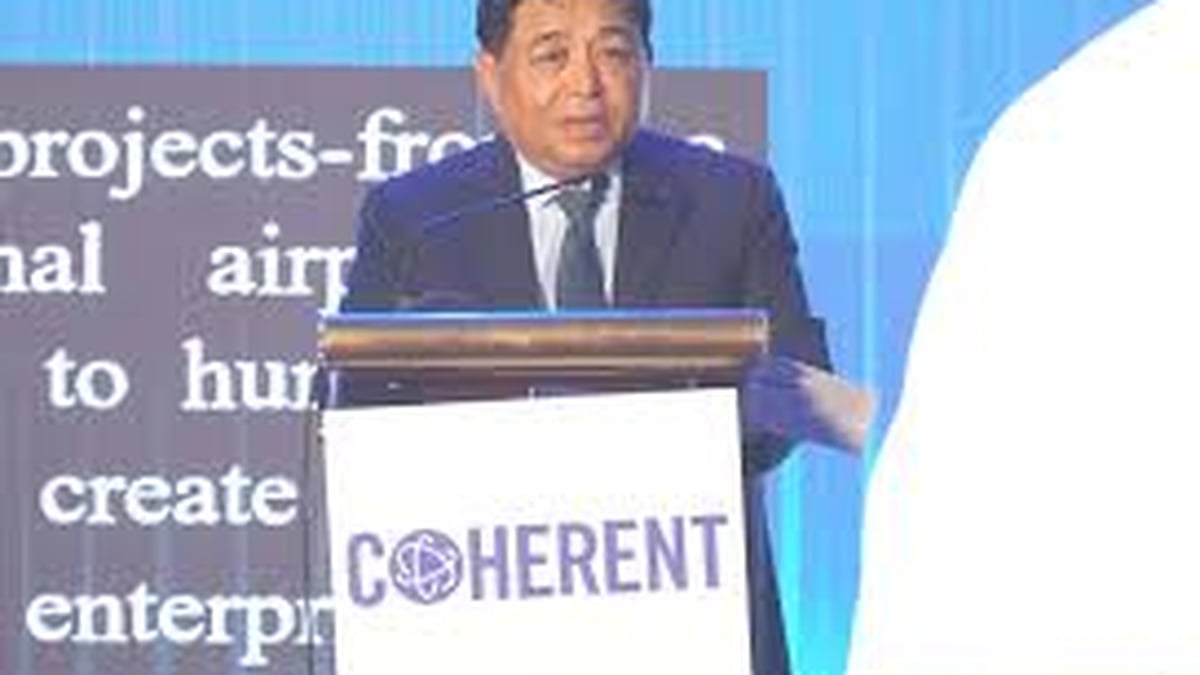

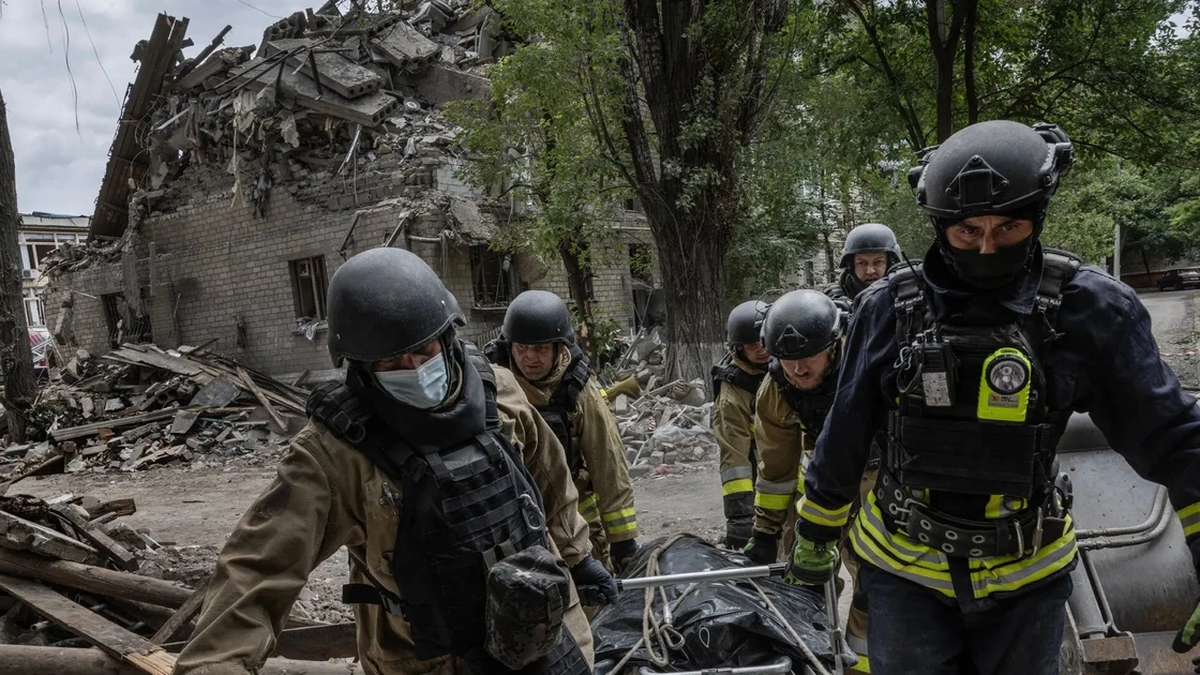














![[Photo] National Assembly Chairman attends the seminar "Building and operating an international financial center and recommendations for Vietnam"](https://vphoto.vietnam.vn/thumb/1200x675/vietnam/resource/IMAGE/2025/7/28/76393436936e457db31ec84433289f72)



























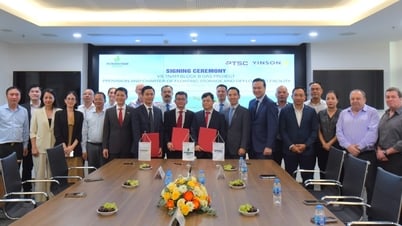










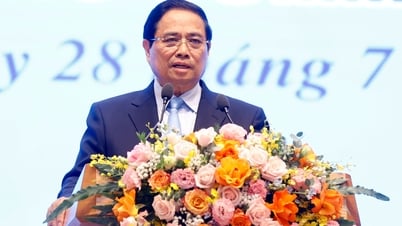



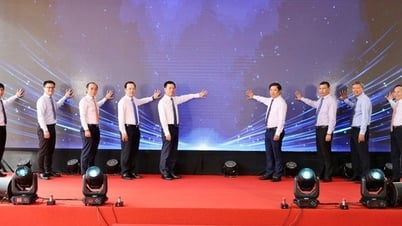

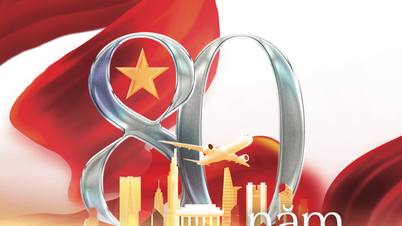




























Comment (0)